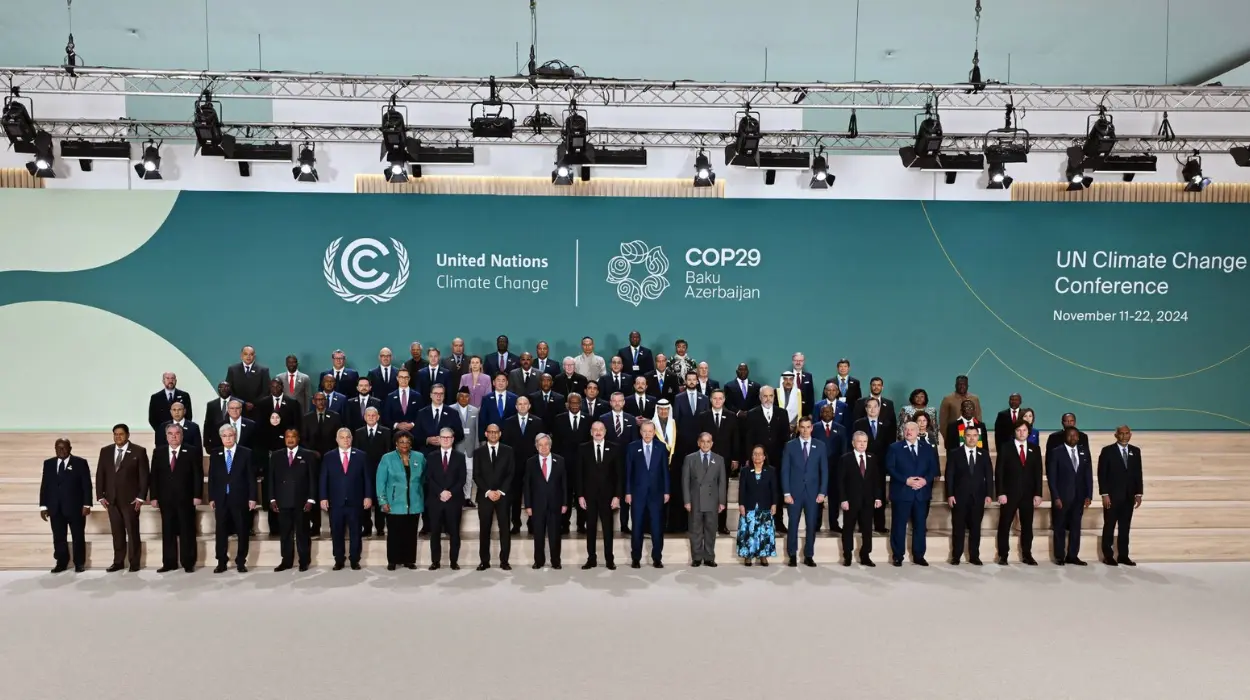
Unlocking Billions in Private Capital to Tackle Climate Change: A Global Imperative
As the world races against time to combat climate change, unlocking private capital has become a pivotal strategy to bridge the massive funding gap for clean energy and climate resilience projects. Governments, multilateral banks, and private investors are increasingly collaborating to mobilize billions of dollars in private finance, aiming to meet the Paris Agreement’s ambitious targets and support developing countries in their green transitions.
The Urgent Need for Private Capital in Climate Finance
Global climate action requires an estimated $2.4 trillion annually in investments, particularly in developing and emerging economies, to achieve net-zero emissions and adapt to climate impacts by 2030. Public finance alone is insufficient to meet this scale, prompting a shift toward leveraging private sector funds. In 2022, private climate finance mobilization reached $21.9 billion, a significant increase from previous years, yet still a fraction of what is needed.
The UK’s International Climate Finance (ICF) initiative exemplifies this approach by aiming to mobilize up to $75 billion in combined public and private funding. It does so through innovative mechanisms like the Climate Investment Funds’ Capital Market Mechanism (CCMM), which leverages repayments from prior investments to unlock fresh capital for renewable energy and emissions reduction projects in developing countries.
Innovative Mechanisms to Mobilize Private Investment
The UK’s Climate Investment Funds’ Capital Market Mechanism (CCMM)
Launched at COP29, the CCMM is designed to catalyze billions of dollars by recycling repayments from earlier climate investments. This approach reduces risk for private investors and provides developing countries with access to affordable, long-term finance for clean energy infrastructure and climate adaptation projects. The mechanism is expected to attract significant private equity, infrastructure, and venture capital funds, which are projected to contribute €30-40 billion annually toward climate initiatives.
Multilateral Development Banks and Global Commitments
Multilateral development banks have pledged to provide at least $65 billion annually for climate finance through 2025, aiming to leverage an additional $40 billion in private-sector capital. These efforts support a whole-of-government approach to climate finance, emphasizing the importance of policy frameworks that encourage private investment in sustainable infrastructure.
Private Sector’s Growing Role and Investor Sentiment
Despite managing over $210 trillion in assets globally, the private sector currently allocates a relatively small portion to climate-related investments. However, this is changing rapidly as investors recognize the financial and ethical imperatives of sustainability. Private markets focused on low-carbon solutions have delivered 123% cumulative returns over five years, outperforming public markets, which grew at 11.9% annually compared to 17% for private markets.
The 2024 Global Investor Statement on Climate Crisis, signed by 534 financial institutions managing over $29 trillion in assets, underscores this shift. These investors call for urgent government policies to phase out fossil fuel subsidies, scale up funding for climate technologies, implement carbon pricing, and expand public-private financing mechanisms to build resilience and achieve a net-zero economy by 2050 or sooner.
Policy and Systemic Barriers to Overcome
Unlocking private capital at scale requires more than just financial mechanisms; it demands robust policy support. Investors advocate for clear, 1.5°C-aligned sector pathways, improved carbon pricing frameworks, and the removal of systemic barriers that hinder decarbonization across value chains. Engaging in ‘systems stewardship,’ investors are increasingly involved in policy advocacy and corporate engagement to foster environments conducive to sustainable investments.
Germany’s Climate Finance Example
Germany’s commitment to climate finance illustrates the potential impact of combining public funds with private investment. In 2023, Germany provided approximately €9.94 billion for climate finance, successfully mobilizing €475 million in private climate finance through official funding mechanisms. This model demonstrates how government funding can act as a catalyst for attracting private capital into climate projects.
The Path Forward: Scaling Up Climate Finance
The scale of investment required to meet global climate goals is unprecedented. While public funds remain critical, the private sector’s role is indispensable. Innovative financial instruments like the CCMM, combined with strong policy frameworks and investor engagement, can unlock the trillions needed annually to transition to a sustainable, resilient global economy.
Unlocking billions in private capital is no longer optional but essential for effective climate action. With initiatives like the UK’s CCMM, commitments from multilateral banks, and growing investor momentum, the global community is making strides toward closing the climate finance gap. However, sustained policy support and innovative financing solutions will be key to ensuring that private capital flows at the scale and pace required to meet the Paris Agreement targets and safeguard the planet’s future.





